Senior Bathing: Helpful Tips on How to Convince Seniors to Take a Bath
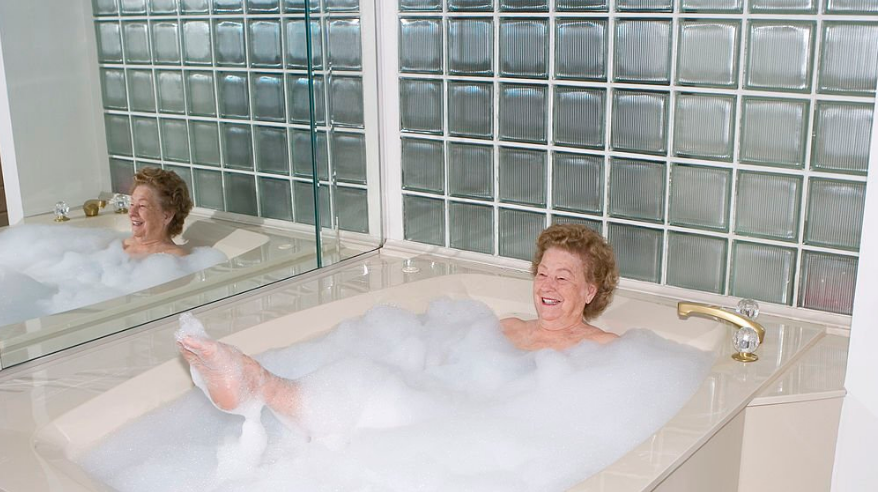
Caring for a loved one who is in need of assistance with everyday activities can be both demanding and difficult. One task that may be difficult is convincing an elderly person to take a bath. As people get older, they usually become less active, neglect themselves more, and dislike baths or showers.
The problem associated with poor hygiene and lack of bathing is severe and can cause serious health problems. For example, seniors who are unclean are likely to contract skin conditions. These conditions are usually more difficult to treat in elderly patients. Furthermore, poor hygiene can cause other diseases such as infections, rashes, and sores. These are all conditions that can be easily treated with a bath. Therefore, it is always best to convince them to take a bath and make it easier.
Before we move forward to the tips on how to convince elderly loved ones to take a bath, it is important to know why your loved one avoids bathing. It may be the following reasons:
Issues that Seniors Face When Bathing:
1. Cognitive Impairment
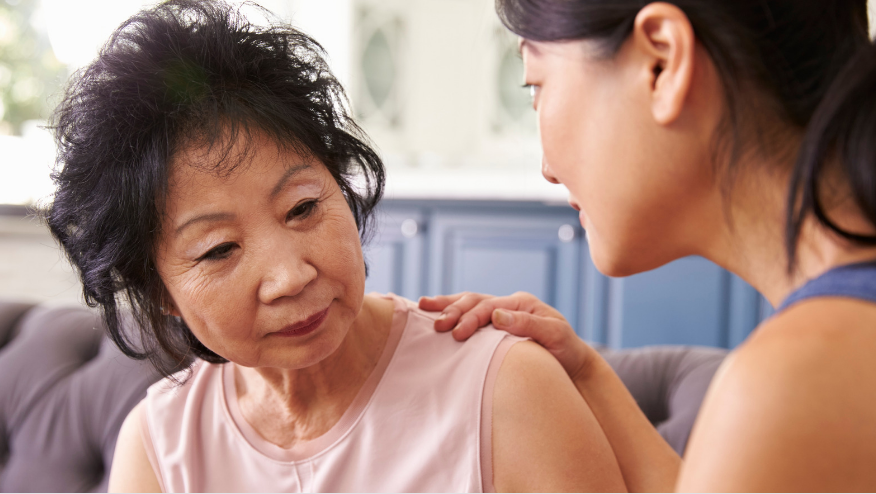
There are many reasons why elders do not feel the need to bathe. First and foremost, people who suffer from cognitive impairment can develop a lot of fears. One of the fears they can develop is a fear of water.
People with dementia and Alzheimer’s can develop a fear of water due to a poor ability to understand what is happening around them. For example, if you take your parent for a bath and pour some water on his body, he may think that you are pouring hot or boiling water on their body and will get very scared or agitated.
Another reason why they resist a bath is that seniors could have hallucinations of drowning or being sucked into a shower drain. As a result, they totally refuse to take a bath. Another reason seniors avoid bathing is that they do not understand the importance of washing their bodies due to poor memory.
2. Respect and Control
As we all know, seniors will always claim that they can still do things themselves when it is difficult for them. If you force them to take a bath, they will likely resist because they want to be respected and acknowledged for the things they can do for themselves.
In addition, many seniors are self-reliant and do not like being told what to do. Dementia patients like to be in control of at least one aspect of their bath time. They will say their hygiene is within their control and decide when to take a bath. So you should find a way to advise them to take a bath without forcing them.
3. Weaker Senses
Another reason seniors do not want to bathe is that they can no longer see, hear or smell properly. As a result, they do not feel the need to take a bath. For instance, our noses may pick up on the odors of old sweat, urine, and feces, but seniors may not even notice these odors. This is because they are not used to smelling the same way we can. Many older adults start showering and changing less frequently because it is difficult to notice the tell-tale scent of body odor or stains on their clothes that tell it’s time for a wash-up.
4. Fears and Discomfort
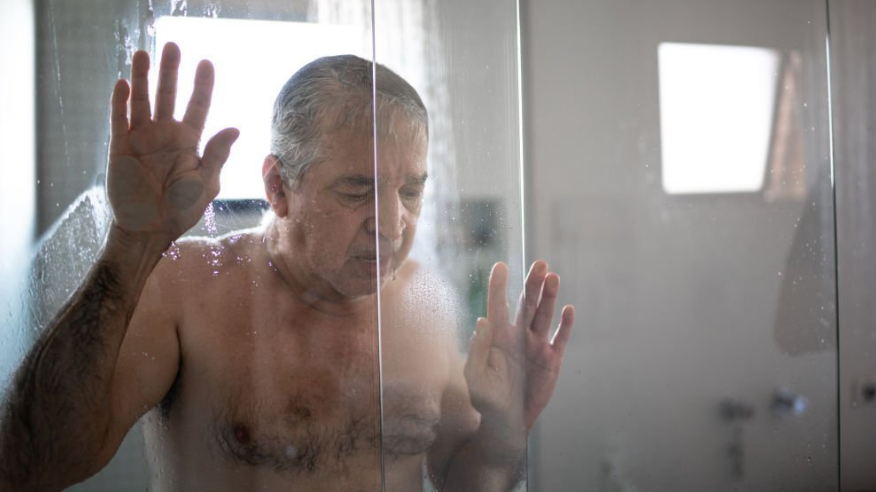
Traumatic experiences from the past can cause a fear of water or bathing. For instance, a loved one who was once injured in a bathtub may no longer want to bathe. It could also be that someone once drowned and, due to this experience, will not want to take a bath for fear of drowning again. People with dementia may also have suffered trauma and feel fearful when placed in baths that remind them of their past trauma.
Discomfort is another culprit. Older adults get cold much more easily. They may tire out easily and no longer have the range of motion and sense of balance they once had. If a family member must help them bathe, there is a loss of dignity involved. Lower energy levels can make tasks like changing clothes and doing laundry a real hassle.
5. Depression
In most cases, it is not just a matter of age or dementia. Depression can be a factor. A person’s mood can affect their desire to bathe or let others bathe them. As we get older, we have more control over our emotions, and that control can get lost in the process of aging. Becoming angry and upset may cause a senior to avoid bathing more than usual. They may also have thoughts that they are less capable of taking care of themselves. This can make their hygiene go unnoticed, so they will not want to take a bath.
How to Convince Seniors to Take a Bath?
Regardless of why a senior does not want to bathe, there are still ways to convince them to do it. The following tips will help nudge your loved one to take a bath and make it easier for them:
1. Talk To Them
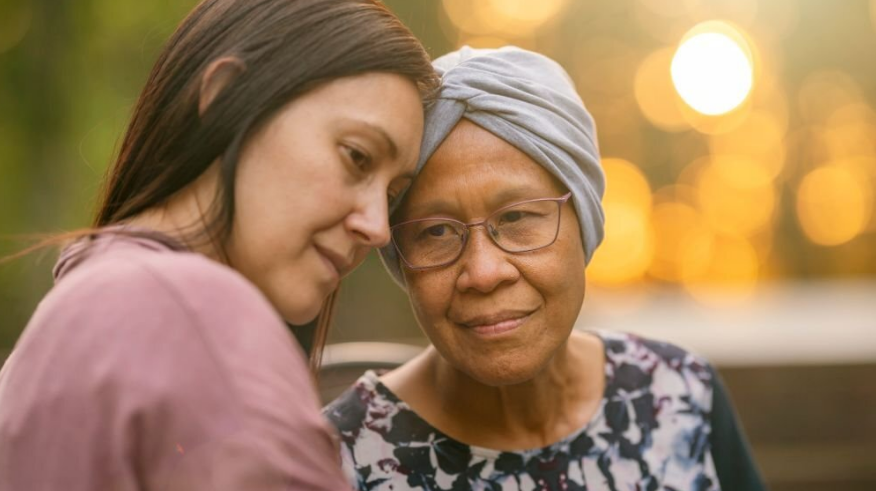
In order to encourage someone to bathe, you need first to understand their reasons for resisting. It’s important for you, as the aid, to get a clear sense of what it is about showering that makes them uncomfortable. When you can acknowledge their feelings and reassure them in a positive yet supportive way, they are more willing to take a shower.
You should avoid a nagging voice, and your tone should be polite. Also, discuss the importance of bathing with seniors and the potential consequences if they don’t. Be sure to paint a picture for them of two scenarios so that they fully understand the need to bathe.
2. Talk To A Doctor
Once you have started the process of convincing your loved one to take a bath, then you should use the help of a physician. You can ask that doctor or nurse to help devise a plan to encourage them to take a bath. In most cases, your loved one will listen better to a medical expert than they will to you.
The doctor has an idea of the factors that influence a patient’s desire for a shower and will have suggestions about how to improve the situation. The more hope you put into your loved one’s ability to function independently and be effective in their daily activities, the more they will want to keep doing them.
3. Invest In The Right Shower Equipment And Products
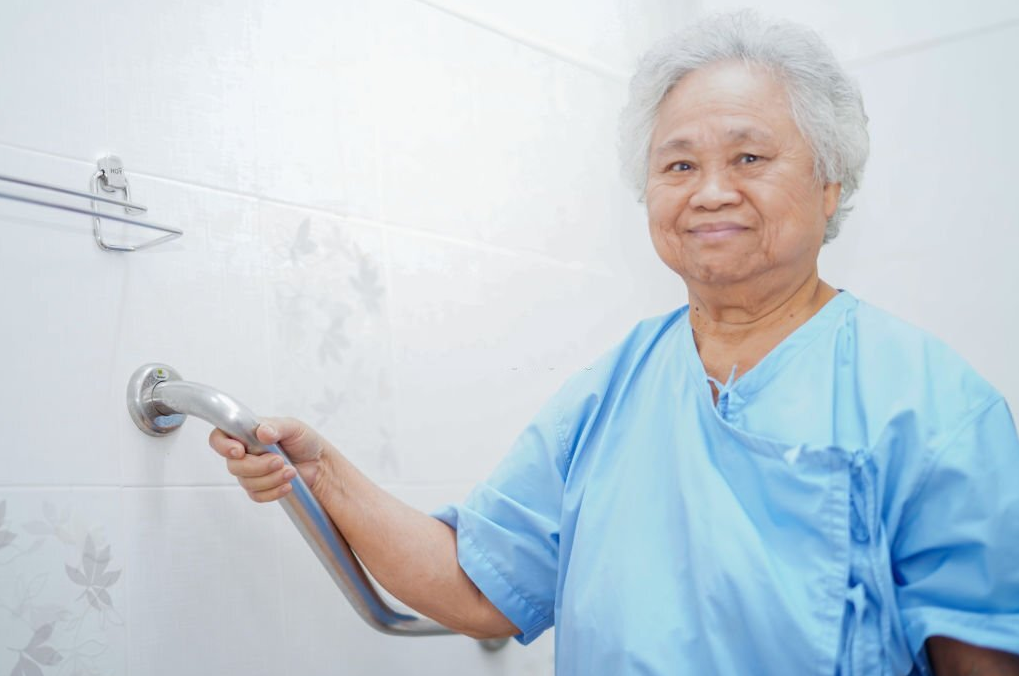
You must look at their current home shower options and evaluate what they are using now and what they want to use in the future. Consider things like
- adjustable shower heads
- easy to clean shower seats and transfer benches,
- bath lift chairs
Shower chairs can be helpful because they allow your loved one to sit down while still taking a shower. This is very helpful for seniors who have balance problems or trouble moving around in the shower. Also, it gives them a chance to relax as you wash their hair and body. Additionally, having a grab bar installed can inculcate a sense of security.
Buying the products they love is important to focus on making them comfortable. You can even make them a gift basket filled with
- bubble bath,
- shampoo,
- soaps
- and other products that make for a positive bathing experience.
4. Have A Routine
Having seniors take a bath is difficult, but it can be made simpler by having a bathing routine. This is beneficial for both your loved one and you. You can even set the alarm in the morning or at night, letting your loved ones know it’s time for them to bathe.
You can also make a reminder sign that you can hang up in the bathroom. This will let seniors know when they are supposed to take showers, brush their teeth, and change clothes.
But it would be best if you always asked your seniors when they prefer to bathe. When you set a routine, it must suit their bathing preferences and needs.
You may need to know.
- What time of day do they like to bathe,
- Which days of the week do they prefer to shower, and
- How long do they like to spend in the shower?
- What products do they prefer to use in the shower, and
- What they would like to do while in the shower.
When you know what the ideal situation would be for them, then you can make their routine fit their preferences more easily. You don’t want them to feel like they aren’t in control of their daily activities.
5. Patience And Respecting The Elder’s Privacy
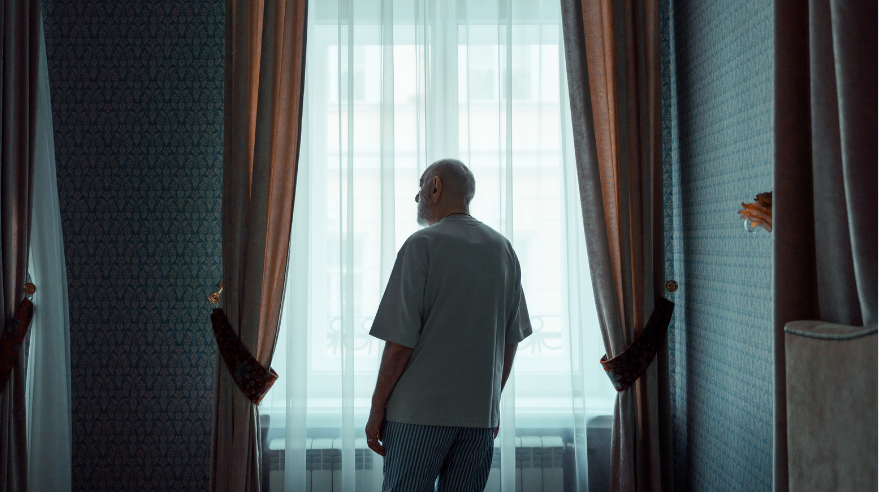
When you convince an elderly loved one to bathe, it is important that you take your time and don’t upset them in any way. They may get upset or argue with you because they feel like they’re being forced into doing something against their will. Thus, it is imperative to respect them and their privacy.
6. Bringing In Friends And Family
Seniors feel excited when they can have visitors over; this will motivate them to get out of their chairs and into the shower. You could bring family members and companions with a tray of food or a gift basket. It makes the whole bathing process much easier.
7. Warm The Bathroom Up Before They Shower
When convincing an elderly loved one to take showers, you must do everything possible to make them feel comfortable. If your elderly loved one dislikes bathing because they fear feeling cold afterward, then communicate with them that you will preheat the bathroom before they shower. You can turn on the heater for 10 minutes before the senior enters the bathroom.
8. Be Sure To Have Everything Ready
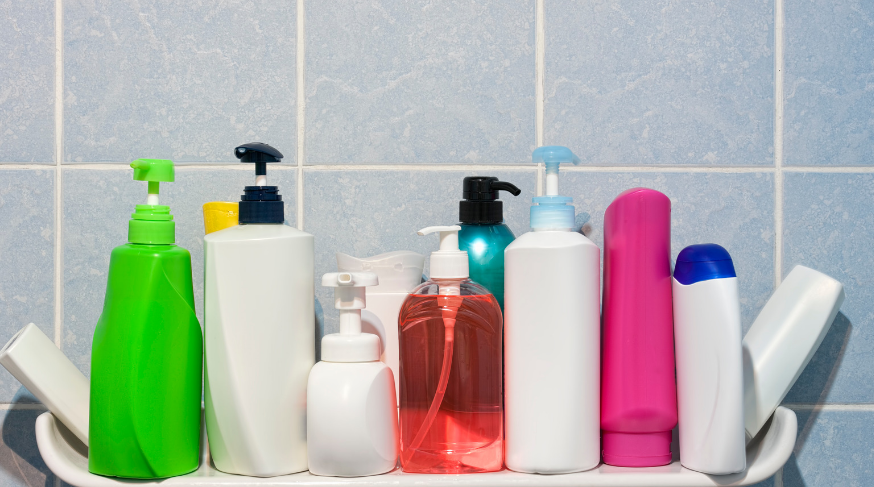
As we all know, Bathing frequently and maintaining personal hygiene is the best key to staying healthy and refreshed. In order to make senior bathing easier, you should take your time and be sure that everything is ready before your loved one enters the bathroom.
This includes:
- Having warm towels and washcloths,
- ensuring there is no soap residue on the tub or floor,
- having fresh shampoo and soap readily available,
- putting a robe and slippers out for them to wear after the shower.
How Often Should Seniors Bathe?
You may need to bathe your elderly loved one at least twice a week; this will help them maintain cleanliness and boost their health. Anybody that feels unclean or not fresh enough is likely to contract illness very easily.
Since senior bathing is vital to avoid skin infections and rashes, there are easier ways, especially if a loved one is afraid of the bathroom. Depending on how poorly your senior moves, they may need a bed bath or sponge bath. It is a simpler process and less stressful.
Final Thoughts
One of the first things you should do to promote senior wellness and reduce the likelihood of illness is to help your elderly loved one take a bath.
However, some age-related changes make taking a bath much more difficult, especially for older adults. So, you should try to find a way to convince your elderly loved one to have frequent baths.
If you don’t have any success persuading your loved one, think of alternative ways to make senior bathing possible. You could hire a professional caregiver that can assist with bathing. Serenity Senior Care is a provider of home care for elderly adults. They can assist with bathing, dressing, and other daily tasks when a senior is dealing with a fear of bathing. If you want to learn more about Serenity Senior Care and our services, you may contact us by filling out the form on our website.


